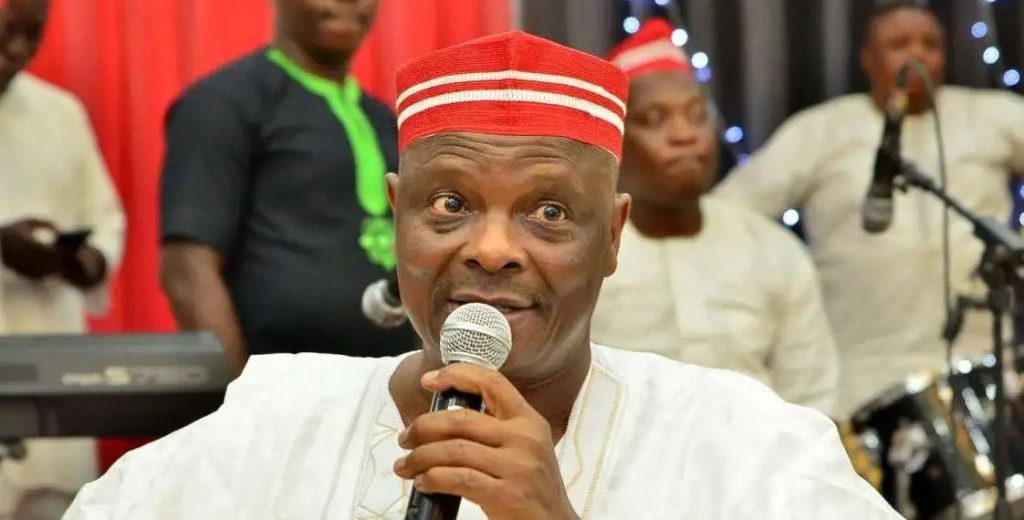Senator Rabiu Kwankwaso, the New Nigeria Peoples Party’s (NNPP) presidential candidate in the 2023 general elections, has publicly refuted a statement circulating on social media platforms, purportedly conveying his stance on the ongoing political realignments within Nigeria. Utilizing his official X (formerly Twitter) account on Saturday, Kwankwaso categorically disassociated himself from the circulating statement, labeling it as “false, unfounded, and a product of political mischief.” This clarification arrives amidst a backdrop of intense speculation regarding potential political alliances and party defections in anticipation of the 2027 elections, where Kwankwaso is expected to remain a significant political force, particularly in the North-West region.
Kwankwaso’s denial underscores the increasing prevalence of misinformation and the strategic use of social media to manipulate public perception in the political landscape. His explicit disavowal serves as a crucial reminder of the importance of verifying information attributed to public figures through official channels. The fabricated statement, likely aimed at leveraging Kwankwaso’s political weight for specific agendas, highlights the vulnerability of the political discourse to manipulation in the digital age. By denouncing the statement and emphasizing his silence on current political developments, Kwankwaso seeks to regain control of the narrative surrounding his political positioning and prevent further misrepresentation of his views.
The incident also sheds light on the heightened political maneuvering and strategizing characteristic of the period following major elections. With the 2027 elections still years away, political actors are already engaging in behind-the-scenes negotiations, exploring potential alliances, and assessing the shifting political terrain. Kwankwaso’s perceived influence, particularly within the North-West, makes him a key figure in these calculations, rendering him susceptible to being drawn into speculative narratives and manufactured controversies. His decision to refrain from public commentary on political developments can be interpreted as a strategic move to maintain neutrality and avoid premature commitments in this fluid political environment.
Kwankwaso’s silence on contemporary political events, while perhaps intended to minimize his exposure to misinformation and speculation, also contributes to the air of uncertainty surrounding his future political trajectory. By choosing not to articulate his position on ongoing realignments, he leaves room for interpretation and fuels conjecture about his potential alliances and political ambitions. This ambiguity can be both a strength and a weakness. It allows him to remain open to various possibilities and avoid alienating potential allies, but it also exposes him to misinterpretations and the risk of being misrepresented by others who seek to exploit his political capital.
The circulation of the false statement and Kwankwaso’s subsequent denial highlight the challenges posed by the rapid dissemination of information on social media platforms. In the absence of robust verification mechanisms and a discerning public, misinformation can spread quickly, influencing public opinion and potentially shaping political outcomes. The incident underscores the need for increased media literacy among citizens and the responsibility of social media platforms to combat the spread of false information. It also emphasizes the importance of public figures actively managing their online presence and proactively debunking misinformation attributed to them.
In conclusion, Kwankwaso’s disavowal of the circulating statement serves as a microcosm of the broader challenges facing the political landscape in the digital age. It highlights the vulnerability of political discourse to manipulation, the importance of verifying information through official channels, and the strategic considerations that shape political communication in the lead-up to elections. Kwankwaso’s decision to remain silent on current political developments, while potentially strategic, also contributes to the uncertainty surrounding his future political alignments and underscores the complex interplay between political maneuvering, public perception, and the pervasive influence of social media.














